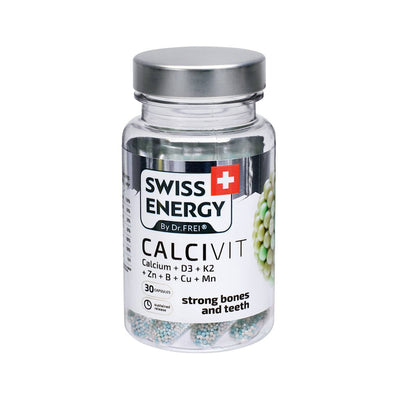EYE HEALTH FOR PEOPLE WITH PROLONGED SCREEN EXPOSURE
An average person is spending 6-9 hours a day, staring at screens, be it computer, phone or TV screen. This has been made worse by the pandemic which made people work from and almost everything from education to recreation all became online. This screen timehowever has become a necessary evil that’s effecting our eye health by causing dry eyes, eye strain, headache, and blurred vision. Therefore care should be taken to prevent this damage.

PREVENTIVE STEPS FOR PROTECTING EYE HEALTH
Modify your workspace
For protecting your eyes a distance of 20-40 inches between the user and screen is optimal. Morover the screen should be around 5 inches below the eye level at an angle of 15-20®. Also, avoid neck strain.
Light
To prevent excessive eye strain always work in a well-lit space. Blue light and glare filters must be used, if your work requires prolonged screen time.
Breaks
The American optometric association recommends the 20-20-20 rule. According to this one must take 20 second break every 20 minute to stare at something 20 feet away to allow the eyes to focus again
Blink, Blink, Blink
To avoid getting a dry eye, blink. Blinking hydrates the eye by spreading the secretions from the tear gland all over the eye. Artificial tears may also be used to treat and prevent getting a dry eye.
Research has shown that Vitamin C, Vitamin E, Zinc, Lutein and zeaxanthin are good for eye health. Antioxidant Carotenoids in lutein and zeaxanthin are required by the retina for proper functioning. Vitamin C is required for collagen production which is a structural protein of the skin, blood vessels, tendons and ligaments. Vitamin E helps prevent free radical damage. Zinc is a very important nutrient for the retina, as it is required for the oxygen radical metabolism. All these nutrients can be obtained through the diet. However in this fast paced world if you don’t have time for that you may opt for supplements as well



